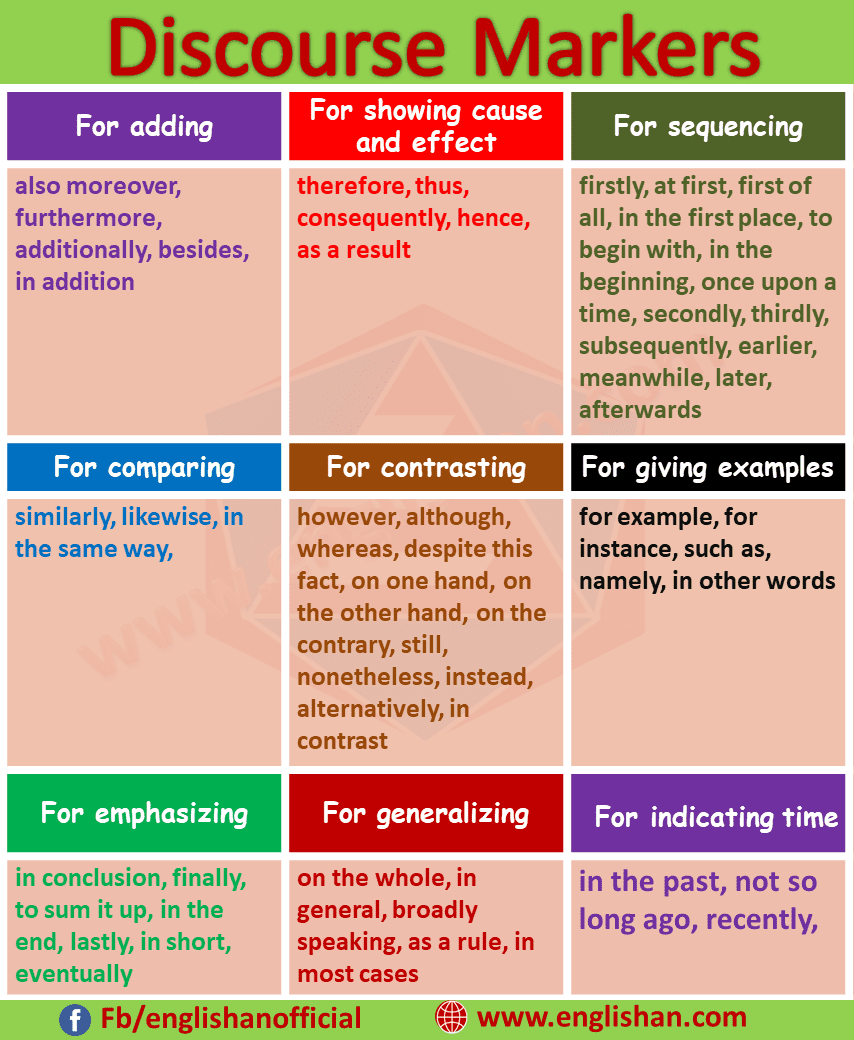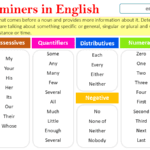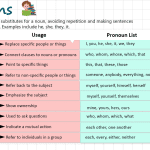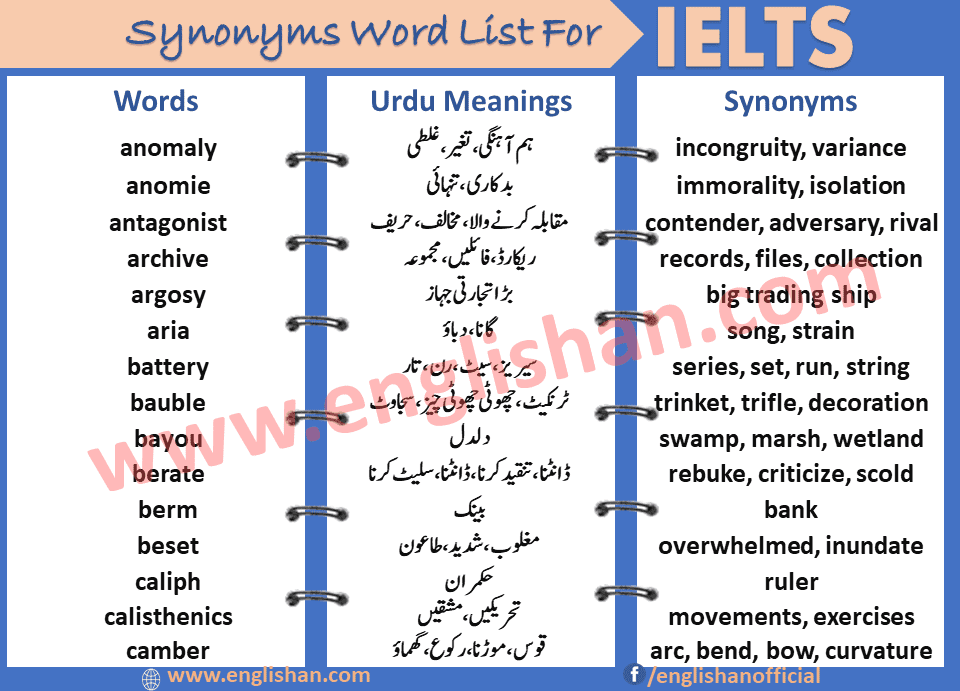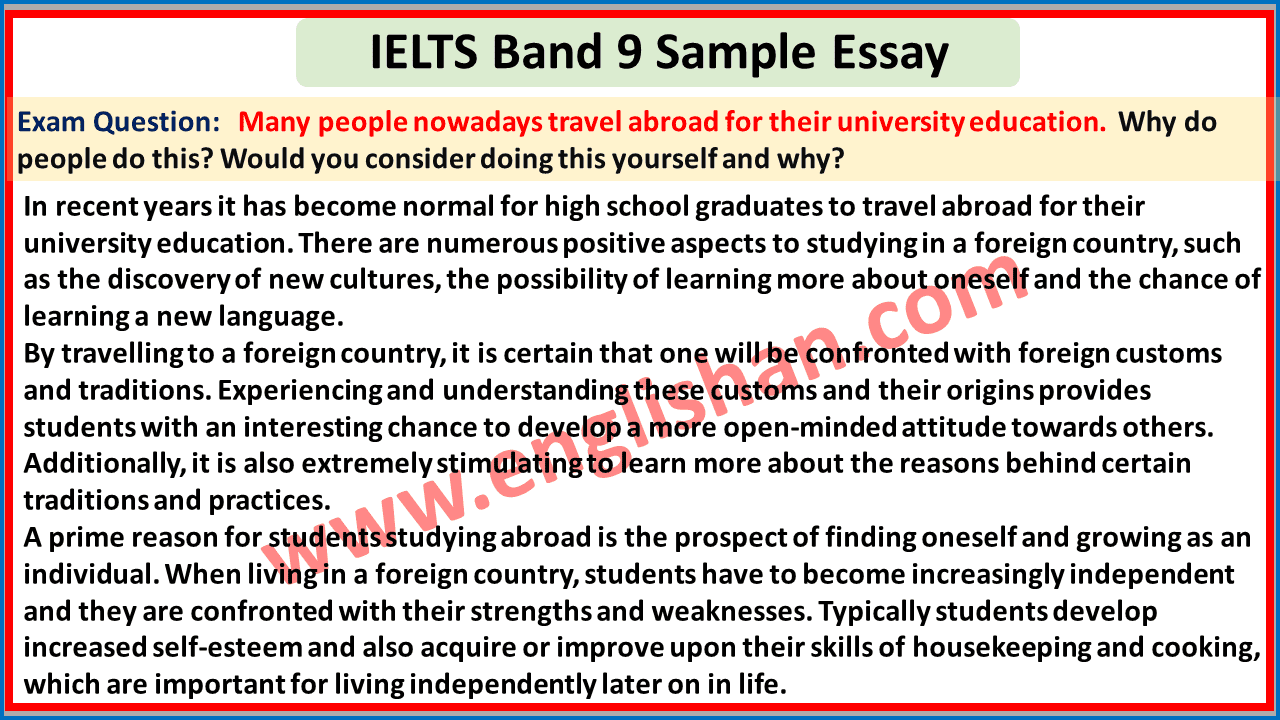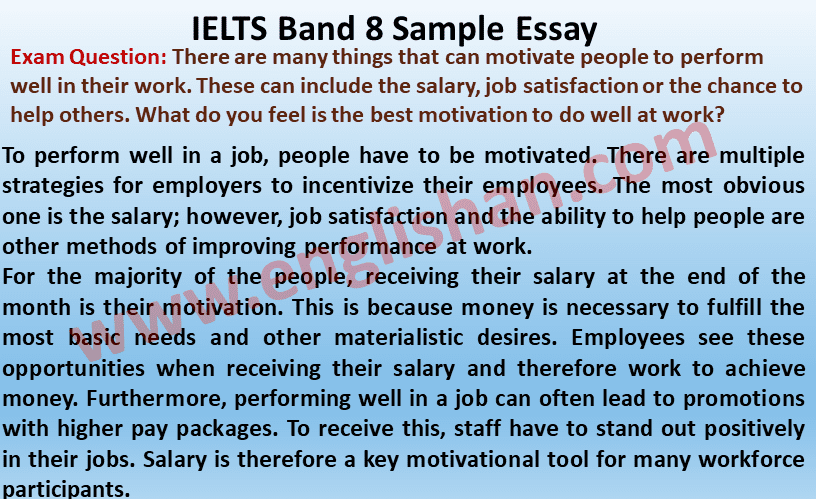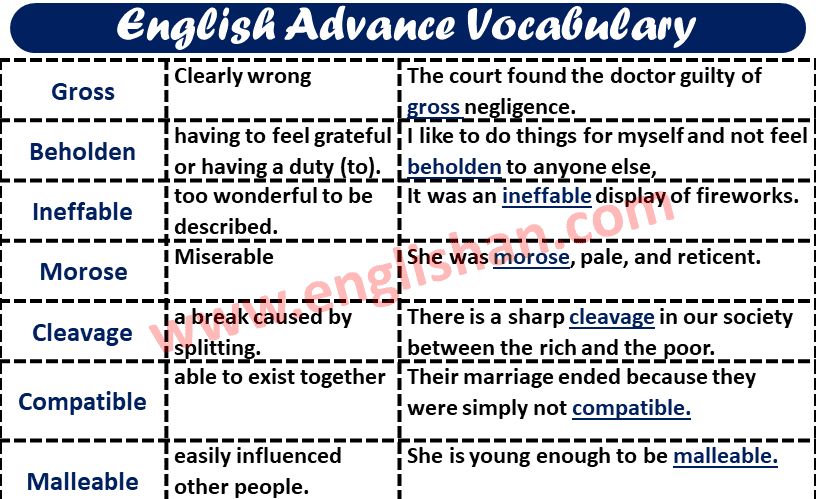Discourse markers are ‘word (or phrase) tags’ that are used at the beginning of sentences (few times they can even be used in the middle) to help them seem clearer and more understandable. They help join ideas and act as a connection or link between sentences and paragraphs.
Discourse markers are effective in both speeches as well as in writing. They help give a conversation or a piece of text a proper shape and assist in making it appear more fluent and logical. They allow the writer or speaker to use them as ‘fillers’.
Since they are ‘word tags’ and act only as a link between two thoughts, they are separated from the main sentence by a comma. Therefore, a sentence still retains its structure even if the discourse marker is removed from the beginning of the sentence.
Different discourse markers are used in different situations. It is very important to use them in the right situation or they will seem completely out of place. Given below are a few common discourse markers used in everyday English. It is important to learn their correct usage.
Discourse Markers List
1. Addition
- And
- Also
- Plus
- Furthermore
- Moreover
- In addition
- Additionally
- Not only… but also
- Besides
2. Contrast
- But
- Yet
- However
- On the other hand
- Conversely
- Nevertheless
- Although
- Even though
- While
- Whereas
- Nonetheless
3. Cause and Effect
- So
- Because
- Since
- Therefore
- Consequently
- As a result
- Hence
- Thus
- Due to
- Owing to
4. Emphasis
- Indeed
- In fact
- Especially
- Particularly
- Clearly
- Obviously
- Undoubtedly
- Importantly
5. Clarification
- I mean
- In other words
- That is
- Namely
- To put it another way
- To clarify
6. Illustration
- For example
- For instance
- Such as
- Like
- Namely
- Specifically
7. Sequence
- First
- Next
- Then
- Lastly
- Finally
- After that
- Subsequently
- Meanwhile
- Simultaneously
- Thereafter
8. Conclusion
- In conclusion
- To sum up
- In summary
- All in all
- Overall
- To conclude
- In short
9. Opinion
- In my opinion
- I believe
- I think
- Personally
- It seems to me
- From my perspective
- As far as I’m concerned
10. Time
- Now
- Today
- Recently
- Previously
- Soon
- Later
- Until
- Whenever
- As long as
- By the time
11. Condition
- If
- Unless
- Provided that
- In case
- As long as
- Supposing
- On condition that
12. Agreement
- Of course
- Definitely
- Surely
- Indeed
- Naturally
- By all means
13. Disagreement
- However
- On the contrary
- In contrast
- Nonetheless
14. Limitation
- But
- Yet
- Although
- Even though
- However
15. Possibility
- Maybe
- Perhaps
- Possibly
- Potentially
- Could
- Might
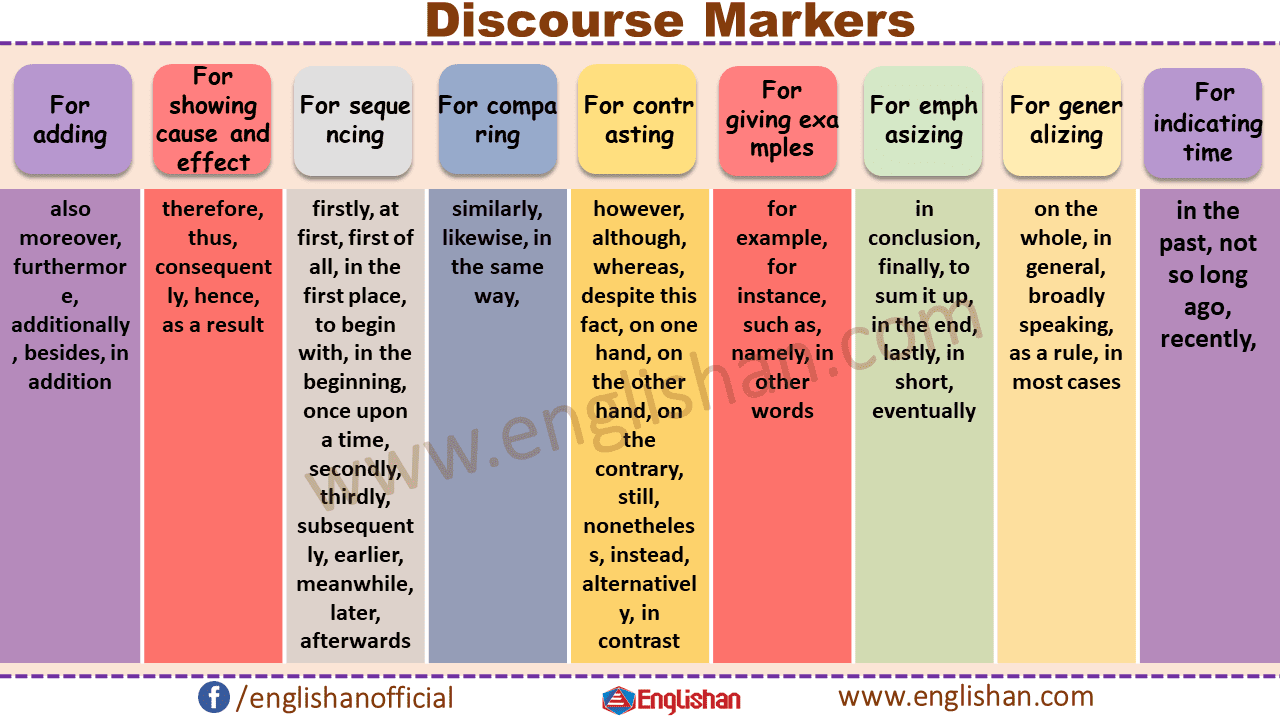
Discourse Markers Used in Sentences
1. Addition
- And: I love playing the guitar, and I also enjoy the piano.
- Also: She’s a talented artist; also, she writes beautifully.
- Plus: I’ve finished my homework; plus, I’ve even done some extra reading.
- Furthermore: He’s a great team player; furthermore, he always takes the initiative.
- Moreover: She’s an excellent leader; moreover, she has a vision for the future.
- In addition: I like reading fiction; in addition, I have a keen interest in poetry.
- Additionally: I enjoy hiking; additionally, I’ve started bird watching recently.
- Not only… but also: He’s not only a skilled painter but also a sculptor.
- Besides: I can play the guitar; besides, I’m learning the violin.
2. Contrast
- But: I wanted to go for a walk, but it started raining.
- Yet: I was tired, yet I finished the assignment.
- However: I love chocolate; however, I must limit my intake for health reasons.
- On the other hand: I enjoy reading fiction; on the other hand, my brother loves non-fiction.
- Conversely: Some people love the city life; conversely, others prefer the countryside.
- Nevertheless: It was raining; nevertheless, we went for a hike.
- Although: Although I’m scared of heights, I tried zip-lining.
- Even though: Even though he’s younger, he’s quite mature for his age.
- While: While I love coffee, my sister prefers tea.
- Whereas: I enjoy action movies, whereas my friend loves romantic films.
3. Cause and Effect
- So: I was hungry, so I made a sandwich.
- Because: I went to bed early because I was tired.
- Since: Since it’s raining, we should stay indoors.
- Therefore: He didn’t study; therefore, he failed the exam.
- Consequently: She forgot her umbrella; consequently, she got wet in the rain.
- As a result: The road was slippery; as a result, driving was dangerous.
- Hence: He was late, hence he missed the beginning of the movie.
- Thus: She practiced daily; thus, she became a great pianist.
- Due to: The match was canceled due to heavy rain.
- Owing to: The flight was delayed owing to technical issues.
4. Emphasis
- Indeed: The artwork is beautiful; indeed, it’s one of the best I’ve seen.
- In fact: He’s not just a good player; in fact, he’s the team captain.
- Especially: I love all fruits, especially mangoes.
- Particularly: The concert was good, particularly the last performance.
- Clearly: Clearly, there’s been a misunderstanding.
- Obviously: Obviously, we need to reconsider our strategy.
- Undoubtedly: Undoubtedly, this is a significant achievement.
- Importantly: Importantly, always remember to be kind.
5. Clarification
- I mean: I love aquatic animals, I mean, creatures that live in water.
- In other words: The weather is inclement; in other words, it’s unpredictable and severe.
- That is: I prefer a sedentary lifestyle, that is, I like staying in one place.
- Namely: I have two favorite fruits, namely, apples and bananas.
- To put it another way: He’s frugal; to put it another way, he’s careful with money.
- To clarify: To clarify, I was referring to the meeting next week, not tomorrow.
6. Illustration
- For example: There are many yoga poses; for example, the downward dog and the cobra.
- For instance: I love reading classics; for instance, works by Dickens and Austen.
- Such as: I enjoy various sports, such as basketball, tennis, and swimming.
- Like: I have hobbies like painting and gardening.
- Namely: I have three pets, namely, a cat, a dog, and a parrot.
- Specifically: I’m interested in ancient civilizations, specifically the Egyptians and the Mayans.
7. Sequence
- First: First, preheat the oven to 350°F.
- Next: Next, mix the dry ingredients in a bowl.
- Then: Then, add the wet ingredients and stir.
- Lastly: Lastly, pour the batter into a pan and bake.
- Finally: Finally, let the cake cool before serving.
- After that: I’ll go to the gym; after that, I’ll pick up some groceries.
- Subsequently: He completed his degree; subsequently, he secured a job in a reputed company.
- Meanwhile: I’ll prepare the sauce; meanwhile, can you boil the pasta?
- Simultaneously: The orchestra played simultaneously with the choir.
- Thereafter: He graduated and thereafter pursued higher studies.
8. Conclusion
- In conclusion: In conclusion, a balanced diet and regular exercise are key to good health.
- To sum up: To sum up, the event was a huge success.
- In summary: In summary, the research supports the hypothesis.
- All in all: All in all, it was a memorable trip.
- Overall: Overall, the feedback was positive.
- To conclude: To conclude, further studies are needed to confirm these findings.
- In short: In short, practice makes perfect.
9. Opinion
- In my opinion: In my opinion, the book is worth reading.
- I believe: I believe everyone should have access to education.
- I think: I think it’s going to rain today.
- Personally: Personally, I prefer tea over coffee.
- It seems to me: It seems to me that he’s not interested in
10. Time
- Now: Now, let’s move on to the next topic.
- Today: Today, we’ll be discussing environmental issues.
- Recently: Recently, there has been a surge in online shopping.
- Previously: Previously, this building was a school.
- Soon: The movie will start soon.
- Later: We can discuss this later.
- Until: Wait here until I return.
- Whenever: Call me whenever you need help.
- As long as: You can stay as long as you like.
- By the time: By the time we arrived, the show had already started.
11. Condition
- If: If it rains, the match will be canceled.
- Unless: I won’t go unless you come with me.
- Provided that: You can join the club provided that you pay the membership fee.
- In case: Take an umbrella in case it rains.
- As long as: As long as you’re happy, that’s what matters.
- Supposing: Supposing we miss the train, what’s our backup plan?
- On condition that: You can borrow my book on condition that you return it next week.
12. Agreement
- Of course: Would you like some tea? – Of course!
- Definitely: Are you coming to the party? – Definitely!
- Surely: This is, surely, the best cake I’ve ever tasted.
- Indeed: The concert was fantastic, indeed.
- Naturally: Naturally, parents are concerned about their children’s safety.
- By all means: Can I use your phone? – By all means.
13. Disagreement
- However: I like the design; however, I’m not sure about the color.
- On the contrary: It’s not expensive; on the contrary, it’s quite affordable.
- In contrast: Summer is hot and sunny; in contrast, winter is cold and snowy.
- Nonetheless: It was raining; nonetheless, we decided to go out.
14. Limitation
- But: I wanted to buy the dress, but it was too expensive.
- Yet: I tried my best, yet I couldn’t complete the task.
- Although: Although she was tired, she continued working.
- Even though: Even though he had little experience, he managed to do a great job.
- However: I love the concept; however, the execution could be better.
15. Possibility
- Maybe: Maybe I’ll join you later.
- Perhaps: Perhaps we can find a solution together.
- Possibly: It’s possibly the best option we have.
- Potentially: This is a potentially groundbreaking discovery.
- Could: We could go to the movies tonight.
- Might: She might come to the party if she’s free.
Here is an example of how a few discourse markers can be used in writing:
Once upon a time, there was a boy called Tom. He lived on a hill and picked berries for a living. He would save some berries for himself and his family and sell the rest to a fruit seller in a nearby town. The fruit seller was very happy with Tom because he would bring him a wide variety of berries. For instance, he would bring him strawberries, cherries, raspberries, blackberries, blueberries and mulberries. Furthermore, he would throw away the rotten ones and wash and clean the good ones before giving them to the fruit seller. Therefore, as a reward the fruit seller would give Tom one dozen bananas and mangoes each month for free.
As Tom grew older he grew tired of picking berries. He wanted to become a woodcutter like his father. However, his father insisted that Tom continued to do his old work for some time. Tom had two elder brothers, Jack and Mark. Jack was a cobbler in the town, whereas Mark made bread in a bakery there. Similarly, Tom’s mother also worked as a seamstress at the tailoring shop in the town.
Days went by as Tom’s urge to pick up an axe grew stronger. One morning Tom hid behind his house and waited for his father, mother and brothers to leave for work. When everyone left, he went inside, got his father’s spare axe and walked into the woods. He came upon a small tree which he thought would be easy to cut, but just as he swung the axe, it flew from his hands and hit a bird that was perched on the lower branch of the tree. The bird was badly injured and started to bleed. Tom froze in shock at what had happened. Meanwhile, his father, who had forgotten his lunch at home and was walking back to get it, saw him standing like a statue in the nearby woods. He approached the scene and quickly assessed what had happened. He took out his handkerchief, wrapped the bird in it and rushed it to the stable, where the town veterinarian worked.
When Tom’s father returned home that evening, he was quiet but upset. He couldn’t believe his son had disobeyed him like this. Nonetheless, he called Tom before going to bed and explained why he had not allowed him to cut wood. He told him that he was neither strong enough nor ready for such a responsibility at that age. He promised that if Tom was patient for just a few more years, he would teach him to cut wood himself.
In the end, Tom reflected on his actions as he went to sleep that night and decided that he would rather wait for a while and be his father’s woodcutting partner than be hasty and hurt his father, as well as the animals in the woods.
Get PDF Here


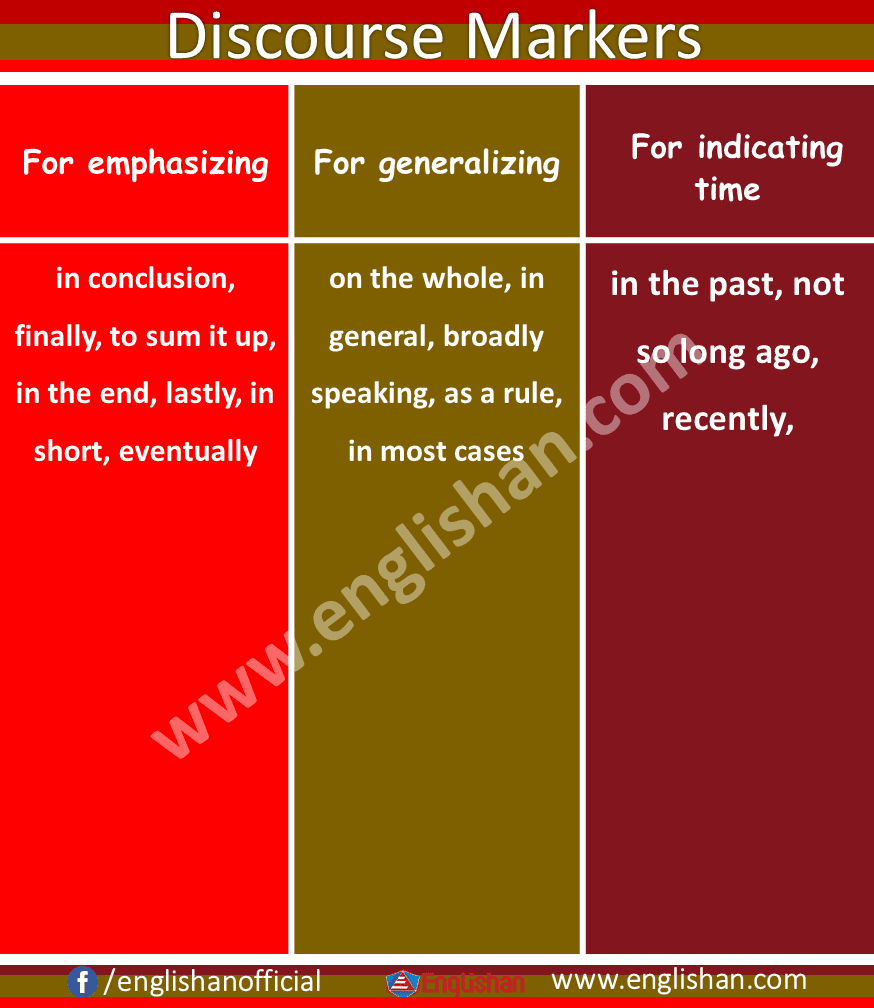
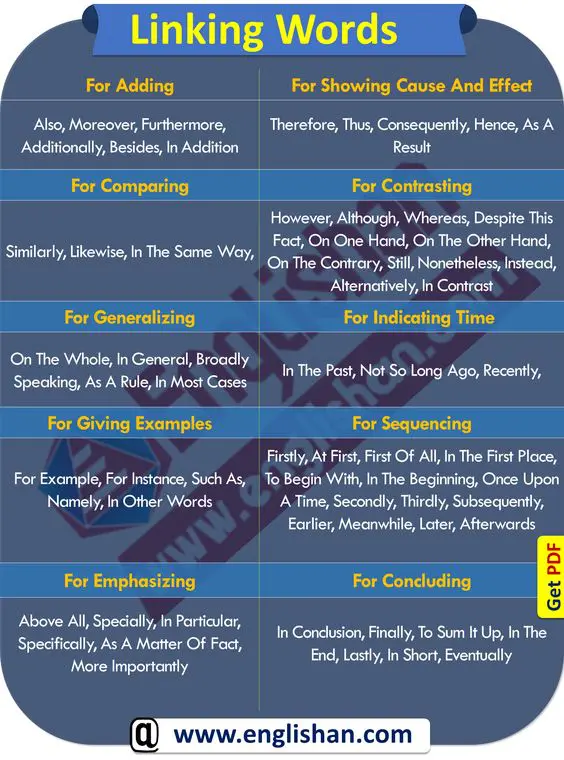
You May Also Like

